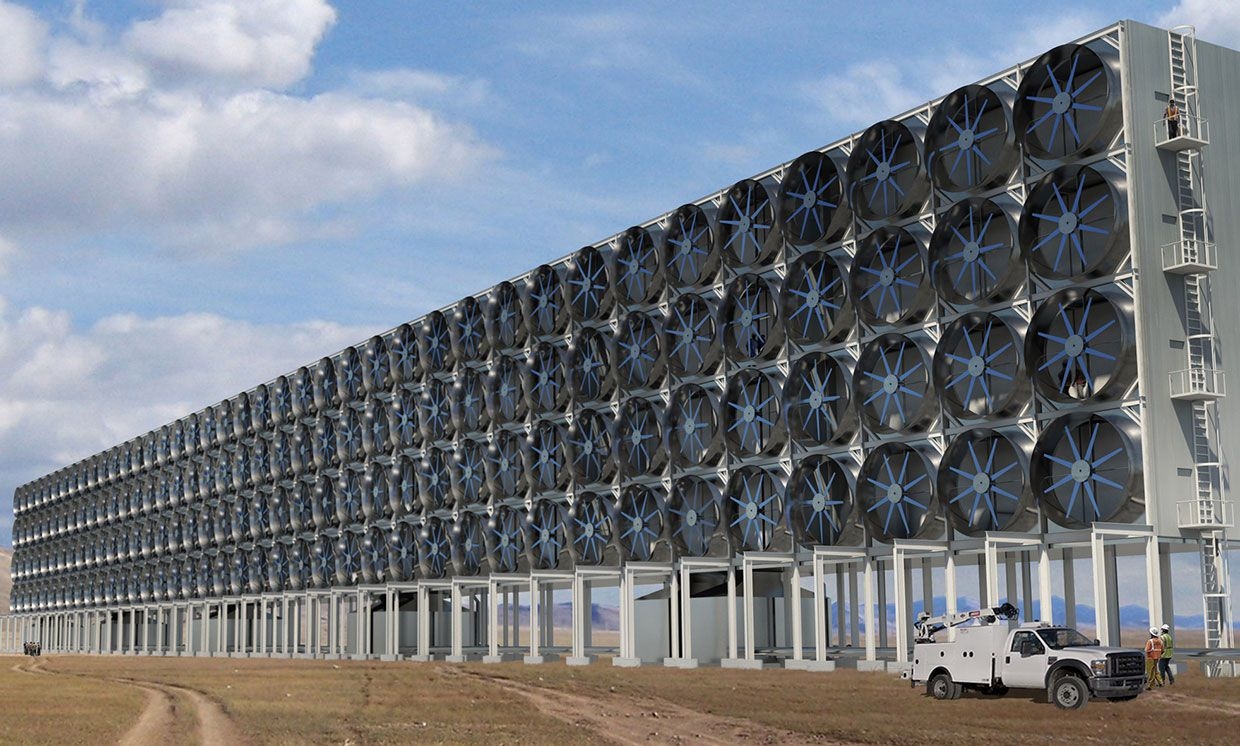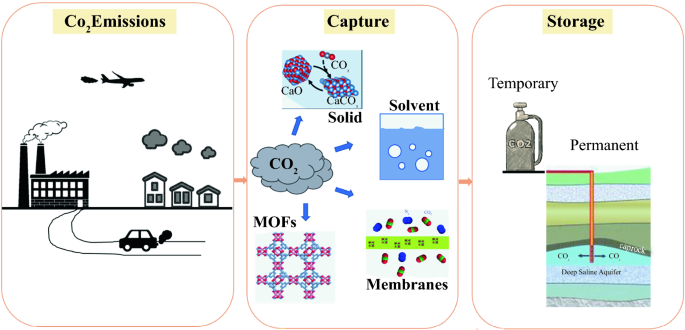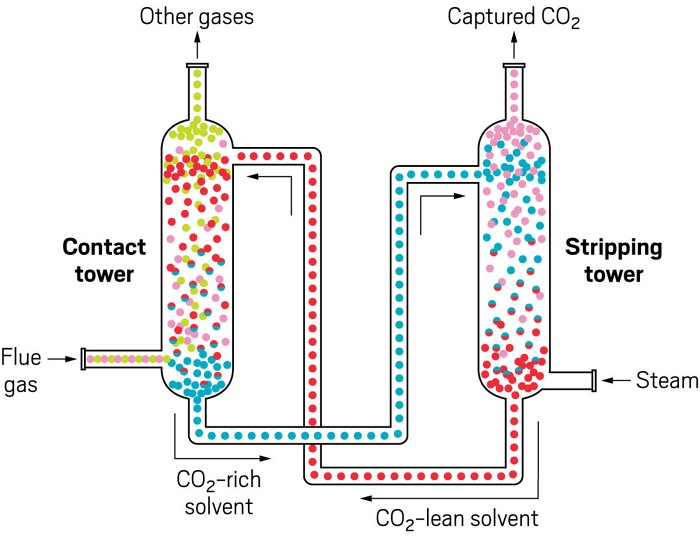Comments
- No comments found

Climate change has become one of the most pressing challenges of our time, requiring urgent and innovative solutions.
Among the emerging technologies aiming to combat this global crisis, carbon capture, utilization, and storage (CCUS) holds tremendous potential. By capturing carbon dioxide (CO2) emissions from industrial processes and power plants, CCUS technology offers a viable path to reduce greenhouse gas emissions and mitigate climate change.
Climate change poses significant challenges, and innovative solutions are crucial in mitigating its impact. Carbon capture, utilization, and storage (CCUS) technology, as well as direct air capture technology (DAC) which removes CO₂ directly from ambient air, are emerging as a game-changers in the fight against climate change. In this article, we delve into the potential of CCUS technology and its role in reducing greenhouse gas emissions.
CCUS technology captures carbon dioxide (CO2) emissions from industrial processes and power plants, preventing them from being released into the atmosphere. The captured CO2 can then be stored underground or utilized for various purposes, such as enhanced oil recovery or the production of synthetic fuels.

CCUS technology operates by capturing CO2 emissions at the source, preventing them from being released into the atmosphere. The captured CO2 can then be transported and stored underground, preventing it from contributing to global warming. Alternatively, the CO2 can be utilized for various purposes, such as enhanced oil recovery or the production of synthetic fuels, further reducing emissions.
CCUS technology offers a practical solution to decarbonize sectors that are challenging to electrify, such as heavy industry and aviation. By retrofitting existing infrastructure with CCUS systems, we can significantly reduce emissions without compromising economic growth. Furthermore, CCUS technology has the potential to create a carbon-neutral future by removing CO2 already present in the atmosphere through direct air capture systems.
The importance of CCUS technology cannot be overstated. It offers a practical solution to decarbonize sectors that are currently difficult to electrify, such as heavy industry and aviation. By retrofitting existing infrastructure with CCUS systems, we can significantly reduce emissions without compromising economic growth.
CCUS technology has the potential to create a carbon-neutral future by removing CO2 already present in the atmosphere. Direct air capture (DAC) systems, for instance, can extract CO2 from ambient air, enabling the restoration of carbon balance. The captured CO2 can be permanently stored underground or used to produce carbon-neutral synthetic materials.
While the benefits of CCUS technology are evident, challenges remain in its widespread adoption. High costs associated with capturing and storing CO2 need to be addressed to make CCUS economically viable. Public acceptance, regulatory frameworks, and long-term safety measures for CO2 storage are crucial factors in the successful implementation of CCUS technology.
One significant obstacle is the high cost associated with capturing and storing CO2. Developing cost-effective solutions and establishing supportive policies are crucial to making CCUS economically viable. Additionally, public acceptance and proper regulatory frameworks must be in place to address concerns about the long-term safety and environmental impact of CO2 storage.

Source: Chemical & Engineering News
Despite these challenges, the potential benefits of CCUS technology are undeniable. It not only helps to mitigate climate change by reducing CO2 emissions but also enables the transition to a more sustainable and low-carbon economy. Governments, industries, and researchers around the world are investing in CCUS projects, recognizing its crucial role in achieving climate goals.
In recent years, there have been significant advancements in CCUS technology. Innovative techniques and materials are being developed to enhance the efficiency of carbon capture and storage. Research efforts are focused on reducing costs, improving the scalability of systems, and exploring new avenues for carbon utilization.
Collaborations between governments, industries, and research institutions are essential to accelerate the deployment of CCUS technology. International partnerships can facilitate knowledge sharing, technology transfer, and the development of common standards and regulations. By fostering global cooperation, we can maximize the impact of CCUS and address climate change on a global scale.
As the urgency to tackle climate change increases, carbon capture technology stands out as a game-changer. Its ability to capture and store CO2 emissions, coupled with the potential for carbon utilization, offers a promising pathway to a sustainable future. By harnessing the power of CCUS technology and combining it with renewable energy sources and energy efficiency measures, we can build a resilient and carbon-neutral society.
Leave your comments
Post comment as a guest